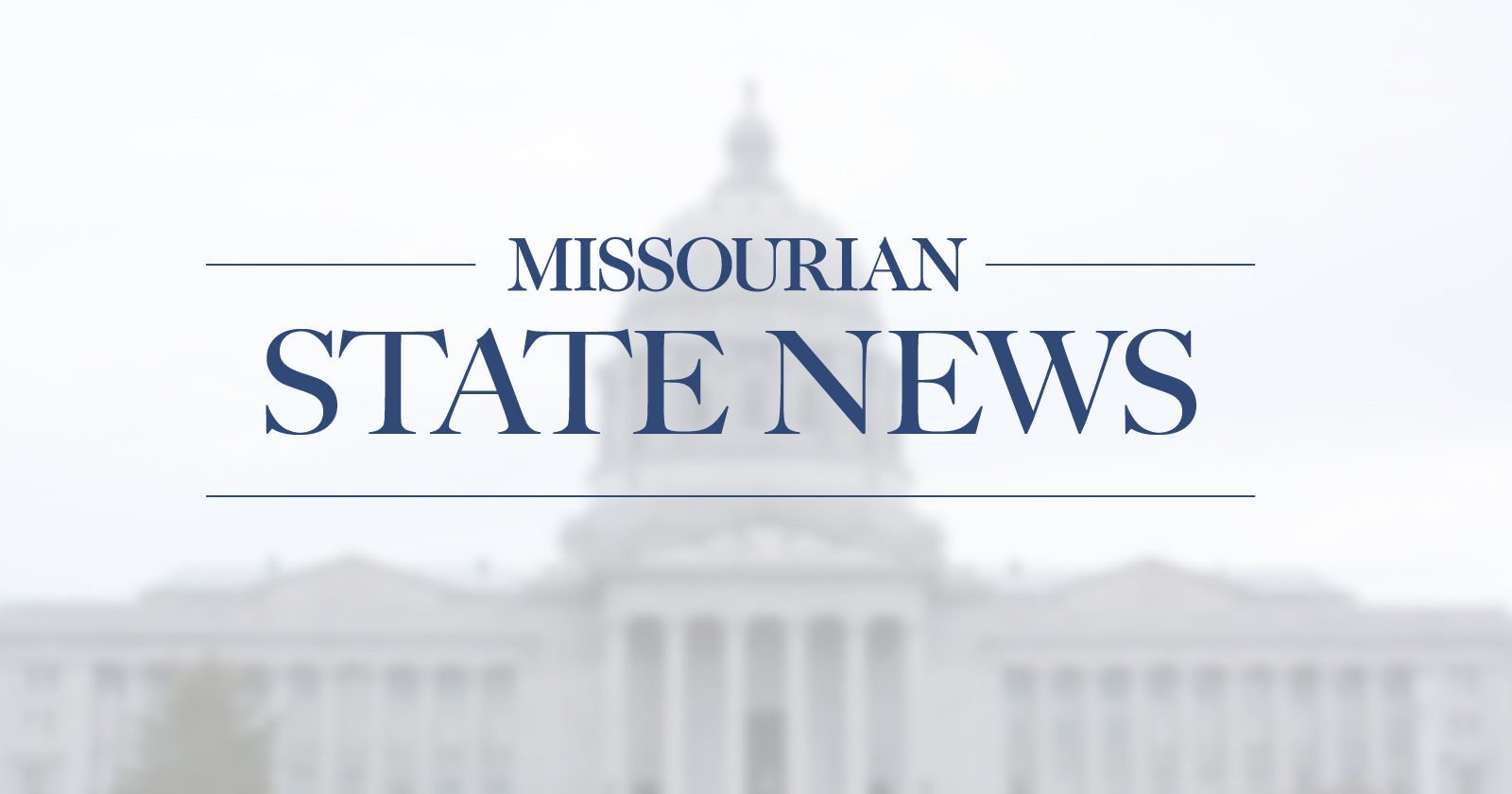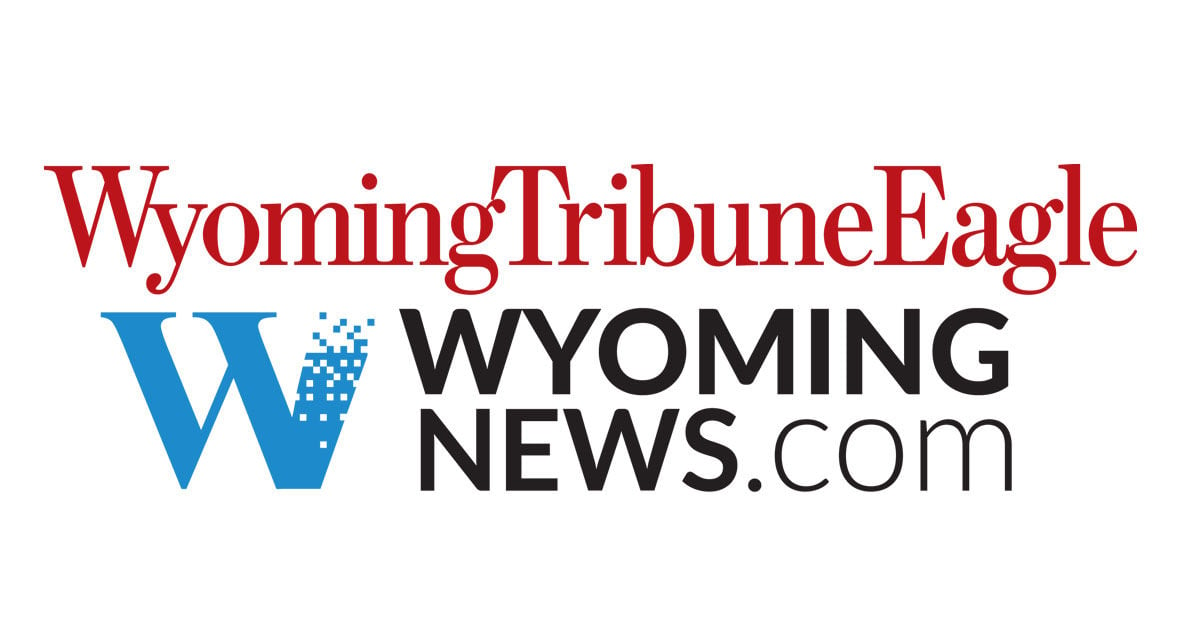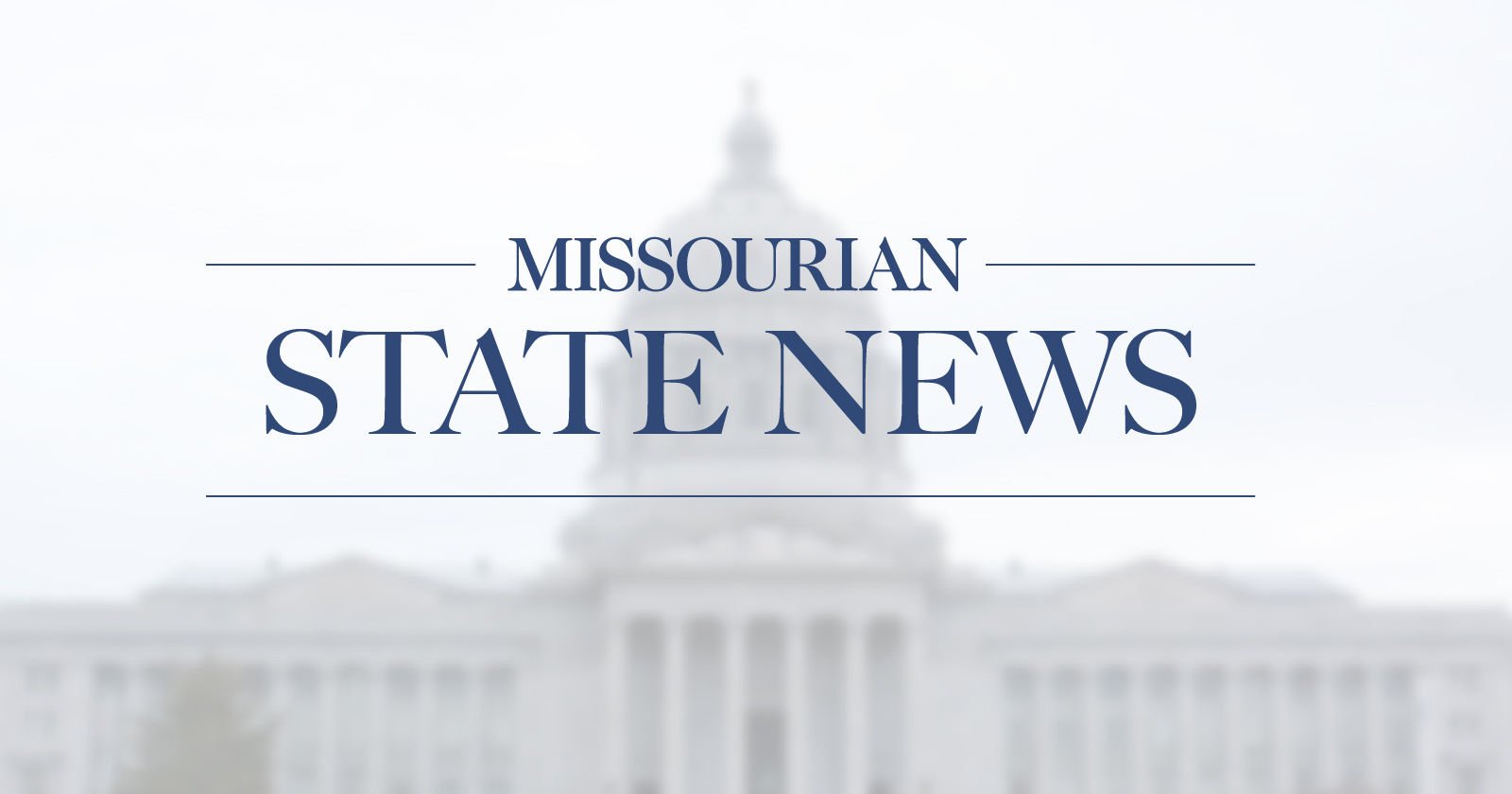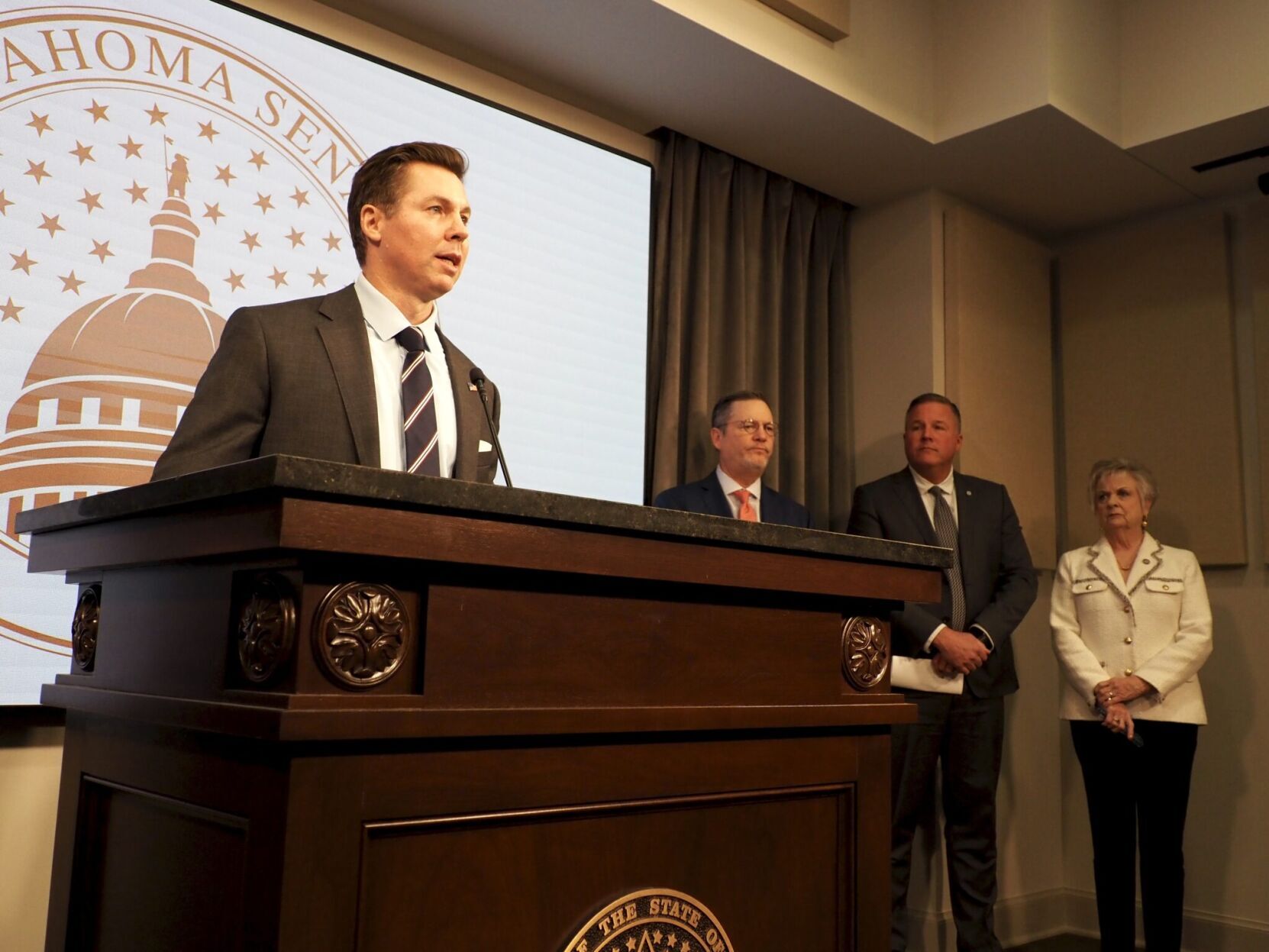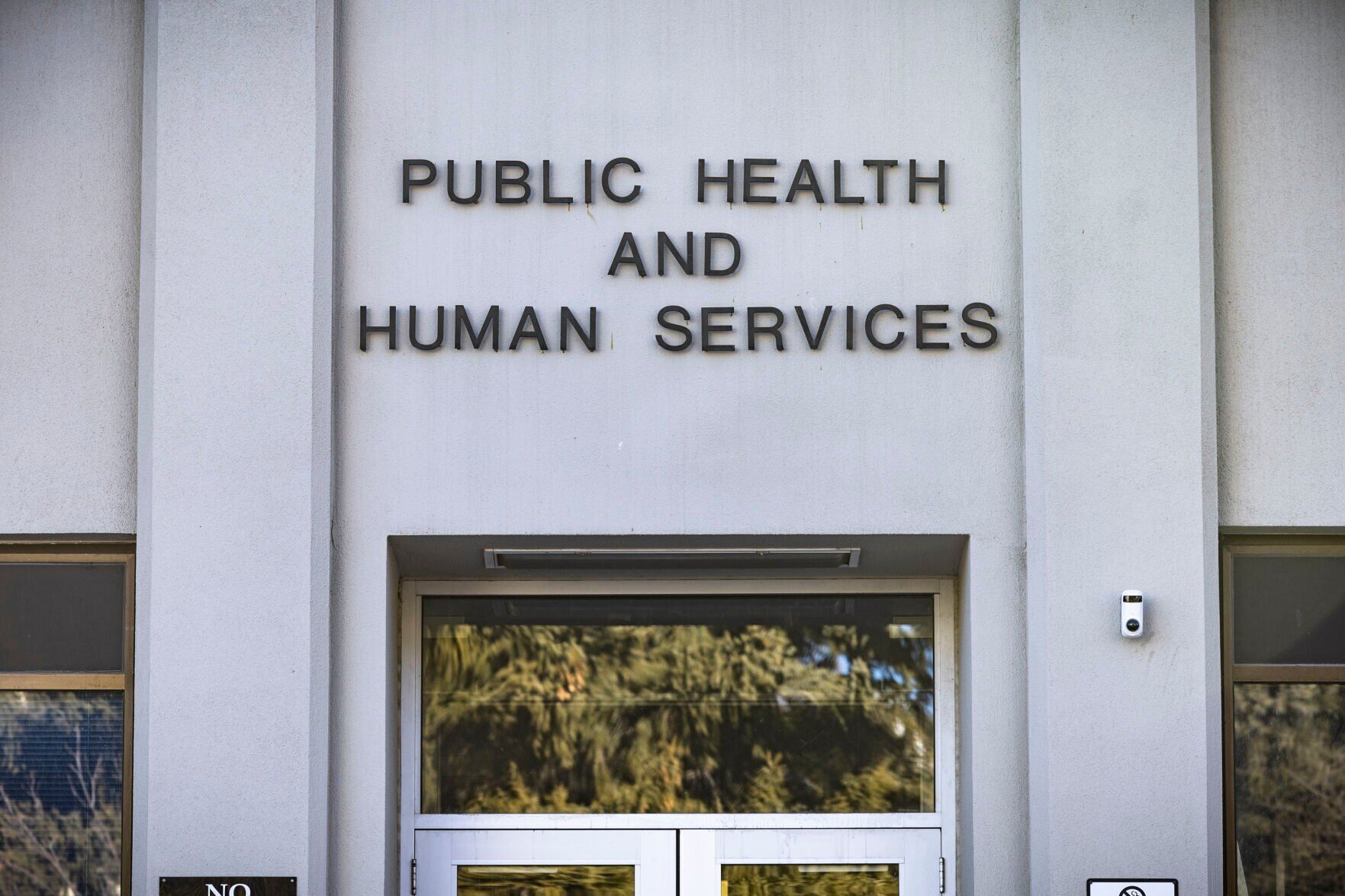Senator Jerry Moran’s recent newsletter touts his vote on a tax bill he claims safeguards the middle class. However, it omits critical details about cuts to essential social programs and highlights who truly benefits from the tax cuts.
What Jerry Moran didn’t say

Key Takeaways:
- Senator Moran promoted his vote on a tax bill.
- He claims it prevents tax hikes on middle-class families and small businesses.
- The bill results in cuts to essential social programs.
- Only households earning over $200,000 benefit significantly.
- The omissions raise concerns about transparency.
Senator Moran’s Promotion of the Tax Bill
Senator Jerry Moran’s July 1st newsletter proudly announced his vote for Senator Marshall’s version of the “Big Beautiful Bill.” He emphasized that the legislation “prevents a tax hike on middle class families and small businesses,” suggesting a commitment to protecting the financial interests of these groups.
Claims of Protecting the Middle Class
In his communication, Senator Moran highlighted the importance of shielding the middle class from increased taxation. “He said it prevents a ‘tax hike on middle class families and small businesses,'” reflecting a stance aimed at resonating with a broad base of constituents concerned about economic stability.
Unmentioned Cuts to Social Programs
However, the senator’s newsletter omitted significant consequences tied to the bill’s passage. The legislation leads to cuts in vital social programs that many Americans rely on daily. Among the affected are Meals on Wheels, Medicare, Medicaid, Headstart, nursing home care, and food assistance programs. Additionally, cultural institutions like NPR and PBS face funding reductions, potentially impacting educational and informational resources nationwide.
Who Truly Benefits from the Tax Cuts
Contrary to the emphasis on middle-class relief, the tax cuts primarily favor the wealthiest households. As noted, “the only income group coming out ahead with the tax cuts are the over $200,000 income households.” This discrepancy raises questions about the true beneficiaries of the bill and whether it aligns with the interests of the broader population.
Concerns Over Transparency and Impact
The lack of disclosure regarding the cuts to essential services draws attention to issues of transparency. Elected officials bear the responsibility of providing complete information about legislation that affects constituents’ lives. The omissions in Senator Moran’s newsletter hinder the public’s ability to fully understand and engage with policy changes that have far-reaching implications.
Implications for Essential Services
Cuts to programs like Medicare, Medicaid, and Meals on Wheels could have profound effects on the most vulnerable populations, including seniors, low-income families, and children. These services provide critical support, and reductions may lead to decreased access to healthcare, nutrition, and early childhood education.
A Call for Comprehensive Dialogue
The situation underscores the need for comprehensive dialogue and thorough examination of legislative actions. Understanding who benefits and who may be disadvantaged by policy decisions is crucial for a functioning democracy. Transparent communication from elected officials is essential to ensure that constituents can make informed opinions and hold their representatives accountable.
By shedding light on the aspects of the tax bill that were not addressed in Senator Moran’s newsletter, the conversation shifts towards a more inclusive discussion about taxation, public services, and the equitable distribution of benefits within society.
